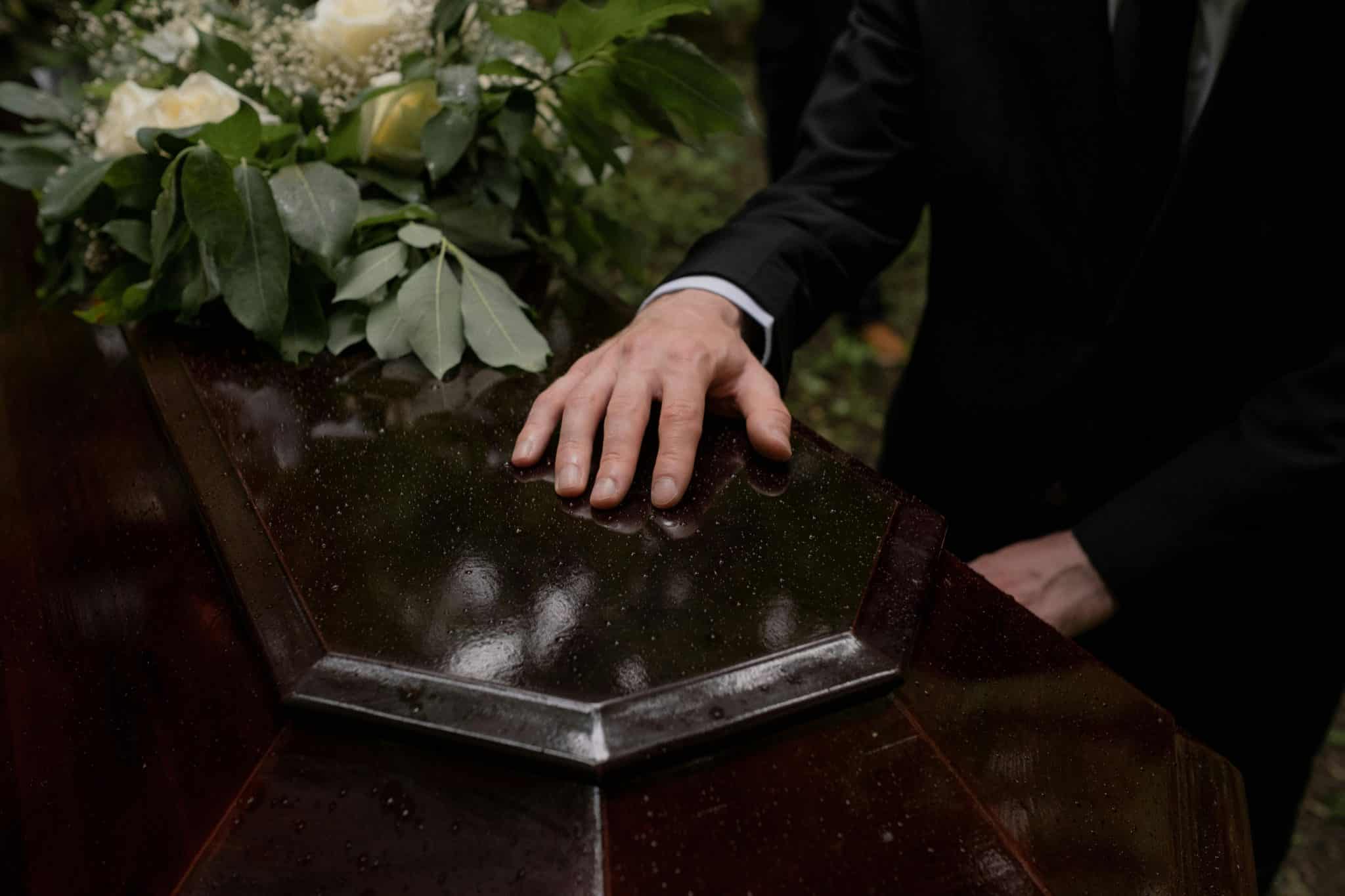
Consider a reset on life, now that covid-19 realities require a rethink of the way things used to be. Photo by Victor He on Unsplash.
Scripture gives perspective to the extent of our days by capturing all of life’s experiences in a few short verses. While we fuss and trip over our own importance, the Wisdom writer bundles our exploits in eight staccato sentences (Ecclesiastes 3:1-8).
As we write whining letters to complain how our rights have been violated or our demands ignored, Ecclesiastes situates our self-importance in perspective. We are reminded that in our short lives, if we are easily distracted by life’s bruises, we will barrel from birth to death in quick time without fulfilling God’s purposes.
Life is so brief that we have to make choices on how to expend our energies because we do not have time enough to do all we wish. We have to decide our goals in life or we get waylaid and distracted.
We cannot bargain for reprieve or beg for rescheduling. We can only live wisely and well with the hand we have been dealt.
If we do not determine beforehand our destination, we will be wandering through life. The most painful aspect of my pastoral work is my inability to help a person at life’s end deal with regrets how he has lived his life.
The Wisdom writer reminds us: “There is a time to be born and a time to die.” (Ecclesiastes 3:2)
The terminal points in life are inviolable. We cannot bargain for reprieve or beg for rescheduling. We can only live wisely and well with the hand we have been dealt.
We find out before long that our brief existence is imperfect. We don’t always get what we want. We can do all the right things and still get bad payback.
The Wisdom writer reminds us that in life there are killing, tearing down, mourning, hating and warring.
We have no great control in life. Shifting realities in life render no lasting success or durable satisfaction. Curveballs are thrown at us. Trees still fall on picnickers. Golf balls still kill our children. As Forrest Gump philosophises: “Shit happens!”
However, human existence is not the only reality.
God’s reality
In contrasting human finitude with God’s eternality, the Wisdom writer has already indicated there is another reality.
The eternal dimension gives human actions meaning and purpose. Eternal realities assure us that the painful injustices we suffer now will not be forgotten or go unrequited. God is still in control, and His justice will prevail.
God is still in control, and His justice will prevail.
Eternity imbues meaning into human actions and interactions.
The apostle Peter perceptively indicates that “with the Lord, a day is like a thousand years, and a thousand years are like a day” (2 Peter 3:8).
Our daily deeds have the significance of a thousand years. Our actions and decisions each day bear eternal implications! That perspective injects eternal value to human efforts!
That means there are no mundane ho-hum duties that are “beneath” us! The most routine responsibility carries eternal value. The most humble task has divine worth.
In explaining the condition for entering heaven, Jesus said, “I was hungry and you gave Me something to eat, I was thirsty and you gave Me something to drink, I was a stranger and you invited me in, I needed clothes and you clothed Me, I was sick and you looked after Me, I was in prison and you came to visit Me.”
Confounded, His hearers asked, “When did we see you hungry … thirsty … a stranger … needing clothes … sick … or in prison?”
Jesus pointed out, “Whenever you did one of these things to someone overlooked or ignored, you did it to Me.” (Matthew 25:35-40)
Every human action has eternal consequences. That makes human life sacred and human activities sacramental.
We can embody God’s presence and grace in our interactions, and exude God’s peace in the way we encourage and bless others.
What we do and say in our lives will shape who we become.
If life is restrictively short, we can resolve to God-infuse our time. We can determine to write a letter of complaint only after we have written three message of compliments.
We can spell out what’s wrong only after we have highlighted what’s right. We can incarnate eternity in our daily experiences. As Victor Huge writes so poignantly in his tome, Les Miserables: “To love another person is to see the face of God.”
What we do and say in our lives will shape who we become.
How we fill our time will eventually describe and define who we are. The more what we do reflects God, the more anticipated will be our transition from time to eternity.
More of Peter Chao’s writings are published in his book, Ponderings En Route (Singapore, Eagles Communications, 2018), available for purchase at www.eagles.org.sg.
Business down by up to 97%, yet these restaurant owners are still giving to the community
Reflection and Discussion
1. “Life is so brief that we have to make choices on how to expend our energies because we do not have time enough to do all we wish.” What is one thing you wish to do in life that you have not yet gotten around to doing?
2. What are some of the things you fill your life with that define who you are right now?
3. What are some of the actions you can take to “God-infuse” your life?
We are an independent, non-profit organisation that relies on the generosity of our readers, such as yourself, to continue serving the kingdom. Every dollar donated goes directly back into our editorial coverage.
Would you consider partnering with us in our kingdom work by supporting us financially, either as a one-off donation, or a recurring pledge?
Support Salt&Light



